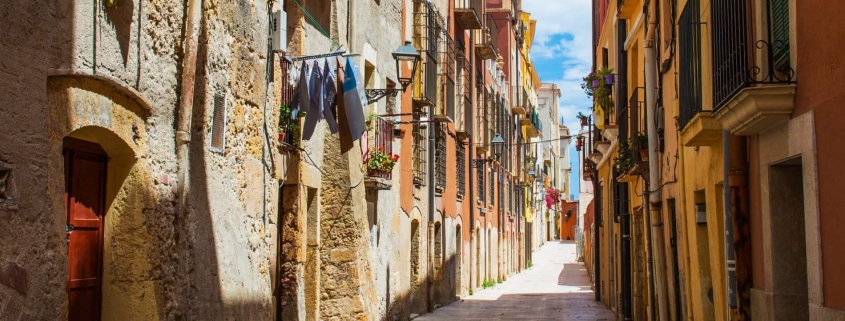Spanish people are considered to be very communicative anyway, in the design oriented Spanish cities such as Barcelona creativity and flexibility can be a huge success factor for PR and communication activities. PR expert Josep M. Iglesias shares some insights into PR practices with a Spanish flavour.*
1. What is the latest trend in PR you have identified in your region?
Josep M. Iglesias: There’s no doubt that public relations has grown in importance in recent years. In the old days, when a client was considering the marketing mix, most of the budget was allocated to advertising, with a much smaller portion going to PR. In many cases that has now changed. Brands are aware of the enormous added benefits of PR with respect to advertising. In fact, the PR agency is increasingly finding that it can coordinate all of a client’s marketing and communication activities, including budgets and advertising creativity.
Having said that, I should mention social networking sites, which in my opinion are the big challenge the sector is facing. We all know they are here to stay and that they are a useful platform that must be included in our strategies if we want to stay in the market. However, their scope is something that will become clearer in the future and I imagine a great many changes will still come about that we can’t anticipate at the moment.
2. How does your agency handle this?
Josep M. Iglesias: It is easy to talk about it, but much harder to do. The big challenge is to stay ahead of major sector trends. That means, for example, incorporating the design and implementation of online and social networking strategies into our services, which involves finding people with the right profile in this area.
3. Can you give a recent example from a project or best practice?
Josep M. Iglesias: W Barcelona, the hotel that opened up in town a year ago, is a good example, because it represents the wide range of services we offer our customers. We did everything from the global brand analysis and the strategy to take on our market, through to the identification of all the tools and areas of action, including institutional relations, events organization, media relations, influencer marketing and more.
A year ago (in March 2010), we organized the W Barcelona Premiere, the hotel’s official international launch. More than 1,000 people were invited to participate in the Premiere program from March 4th to 6th. Over 350 guests attended the opening ceremony, including local and international journalists, local opinion leaders and influencers, representatives from the business community and W Barcelona’s partners, vendors, and other contacts. For the occasion, we created the concept and coordinated the contents and design of the W Barcelona Insiders’ Guide, with personal contributions by some of the most innovative creators, artists, and designers based in the city.
W Barcelona offered the Premiere’s guests insider-access to the city through the tips included in this unique city guide. Among the different programs for each target and the various media-relations activities (50 journalists attended the Premiere), I would highlight the ‘Barcelona Fast Tracks’ tours for Spanish and international journalists. Our agency, IT Comunicacion, created the concept and coordinated the tours, which focused on W Hotels’ different passion points: gastronomy, music, fashion, design and architecture, wellness… Participants were able to visit some of the most interesting places in the city, accompanied by an insider from each field, which included innovative fashion designers from around town, renowned chefs and the architect Ricardo Bofill.
4. Are there any PR practices in which you think your region differs from PR in other parts of the world?
Josep M. Iglesias: Spain has traditionally been less permeable to global trends for historical and language-related reasons. Now that has changed, but the Spanish press still needs to find a local angle for news stories. With regard to social networks, there is the peculiarity that among young people, Tuenti, a local Spanish platform (created by an American who lives here) is a strong competitor for Facebook.
5. Can you describe common mistakes foreign companies make?
Josep M. Iglesias: I fully agree with what my colleague, Vilma Bosticco, said in her interview. In northern Europe, the English-speaking world has a strong influenced on the way things are done that doesn’t work the same in the south of Europe.
Any company operating in Spain must be absolutely flexible: trying to get a list of confirmations for a press conference a week beforehand simply isn’t going to happen. In fact, we can get confirmations for a press trip the day before the plane is due to leave. We PR professional would prefer to work in a more orderly and planned fashion, and we are the first to want to apply this and to feel good about it. But we have to be capable of adapting and knowing how to react.
6. What do clients from other markets need to keep in mind when they plan to do PR in your region?
Josep M. Iglesias: The main thing really is to know the local market. The only way to do that is by drawing on sector professionals in the country or people who live here. In fact, this is one of the main values of GlobalCom. We design global strategies applied locally, and adapted to each market by local PR experts.
*This series is based on phone or face-to-face interviews and written input, therefore please excuse language mistakes which might reflect foreign language influences.


